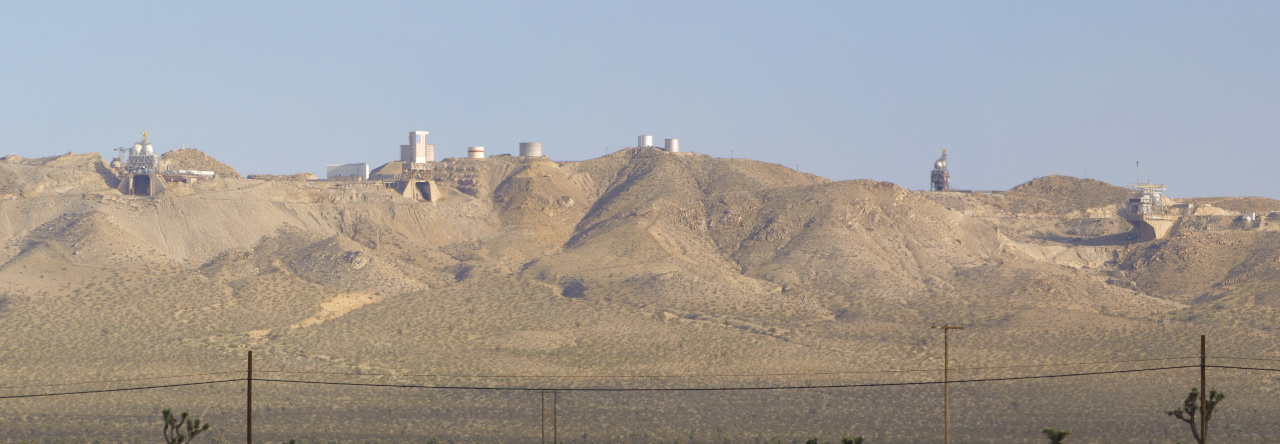I wrote the following article for The Collegian, the student newspaper of my alma mater, Walla Walla University. In the article, I show why I think it is important to study the history of technology. In a way, the article is my manifesto. (This version is slightly edited from the version that appeared in print.)
When I tell people that I am working on a PhD in history of technology at Auburn University, I get a variety of responses. Those who are in the know say “Oh, Auburn!” because Auburn is well-known in academia for its history of technology program. Most non-historians react with a range of startled or confused responses. More than one person has said: “Oh! that’s interesting. I’d never thought that you could study history of technology before.” Others have been more overtly confused: “So you don’t have anything to study before the 1960s then, right?” Some, hearing “technology” and being vaguely aware that I was an engineering major once upon a time ask whether this is an engineering program or a history program. (It is a history program.) And a few have even gone so far as to ask incredulously: “Does technology have history?”
The short answer: yes, definitely.
All of the confusion about my field of study tells me that there is deeper confusion about the two terms “history” and “technology.” If I define both of these terms as I understand them, then I think I can clear up the confusion about what “history of technology” means.
First: history. The general public’s perception of history tends to be much narrower than the diverse range of topics that historians can actually study. Once when I met a Chinese woman and told her that I was studying history, she snapped, “Why!” It wasn’t so much a question as an accusation. “Why history!” I’d obviously touched a nerve somehow.
Somewhat taken aback, I didn’t know what to say. “Well, um,” I stammered.
“It’s all so pointless!” she went on. “All of those names of emperors and this dynasty and that dynasty. Who cares?”
If emperors and dynasties were all that there was to history, I would have trouble caring too.
Fortunately, history is much more than that. Emperors and dynasties—as well as presidents, prime ministers, kings, queens, and communist party leaders—belong to political history, which is just one way to look at history. There are many, many other ways to consider the past, including social history, cultural history, environmental history, labor history, and also a huge variety of sub-specializations like urban history, history of childhood, history of romance, and history of smell (really!).
Where does this leave our emperors and their dynasties? Don’t get me wrong; they are still important. They just aren’t all-important.
Too often history gets mixed up with the Great Man theory, which says that most or all historical events were caused by the brilliant actions of one great man, or several great men working together. People identified as great men were often politicians or generals. George Washington, arguably America’s greatest “Great Man,” was both. Not all great men were either politicians or generals, though: They could also be religious leaders, explorers, scientists, or even inventors, engineers, and innovators—men like Columbus, Einstein, and Edison.
Anybody living in politically-correct 21st-century America should have no trouble spotting one of the major flaws of Great Man theory: it ignores women and minority groups. In response, women and minorities have come up with their own great women or great men of non-European descent.
Even when Great Man history becomes Great Person history, there are still significant flaws to the whole theory. By focusing on one person out of a million, Great Person narratives are simplistic. They ignore the common people, who contribute to history just like the Great People. Furthermore, these narratives tend to inflate ordinary, flawed human beings into idealized, unrealistic, larger-than-life heroes.
Our English word “history” comes from a Greek word that originally meant “inquiry.” This is still what history means: an inquiry into all aspects of the human past, not just politics or the actions of great people.
Then what about technology? Popular views of technology are also narrower than I feel they should be. This is what the word “technology” means to me and many other people in my field: anything that people make or adapt from nature for their own practical use. It also includes ways of doing things (like how to grow corn) and ways of thinking about things or organizing knowledge (systems of writing, calendars, the periodic table of the elements, and so forth).
By this definition, technology is not just Steve Jobs’ and Bill Gates’ smartphones and computers. It is also more than just the machines and products of modern industry. People were making and using technology long before there were phones, computers, cars, or even steam engines. Dugout canoes are technology. Ox-driven plows are technology.
As you should see by now, history of technology is a diverse field that ranges from ancient times and runs right up to the present. It can be about any part of the inhabited world, because all people use some kind of technology. This is the long answer to the question, “Does technology have history?” Yes, technology definitely has history; its history is parallel to and inseparable from the history of humanity.
Of course, I can’t study the history of all technology. The field is so huge that I have to specialize. I’m going to write my dissertation (the book that I have to write to get my PhD) about technology in the early independence period of India (1947 to about 1965). In next week’s Collegian, I’ll use an example from my research to show how I think about technology historically.
